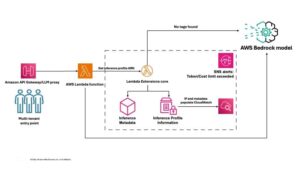The 16th Conference of the Parties to the United Nations Convention on Biological Diversity (COP16) recently concluded in Cali, Colombia, after 12 days of intense discussions with the participation of 170 official delegations. This event has been crucial in strengthening the role of indigenous and Afro-descendant communities in biodiversity conservation, emphasizing their importance in the protection and management of natural resources.
One of the most prominent achievements of COP16 was the approval of the creation of a subsidiary body of Article 8J, which gives voice to indigenous peoples and local communities in the decision-making process on biodiversity. This article recognizes the need to respect and preserve the traditional knowledge that these communities possess, emphasizing the importance of their active participation in the conservation and sustainable use of biodiversity. The formalization of this body represents a historic advancement, correcting a debt of over three decades within the framework of the Convention on Biological Diversity.
Camila Paz Romero, a spokesperson for indigenous peoples, highlighted the significance of this historic moment, indicating that the new body is a global reference point, where the essential participation of these peoples in achieving the objectives of the convention is recognized. Additionally, the role of Afro-descendant communities as key actors in environmental care was reaffirmed, with access to resources that allow them to finance conservation initiatives.
COP16 also pushed for the creation of a global fund that will facilitate the fair distribution of economic benefits derived from the use of genetic sequence information. This mechanism requires companies using such knowledge to contribute to a fund aimed at supporting local communities and indigenous peoples.
However, the conference faced challenges. Pending issues include defining an adequate financing model to implement the Kunming-Montreal Global Framework, as well as establishing a monitoring mechanism to assess countries’ compliance with their commitments.
During COP16, civil society participation was notable, with approximately one million visits to the event’s green zone and the attendance of around 40,000 people at various academic activities. Colombia’s Minister of Environment, Susana Muhamad, described the event as “the COP of the people,” highlighting the enthusiasm and mobilization generated around biodiversity and the importance of environmental education in the country.
Source: MiMub in Spanish












